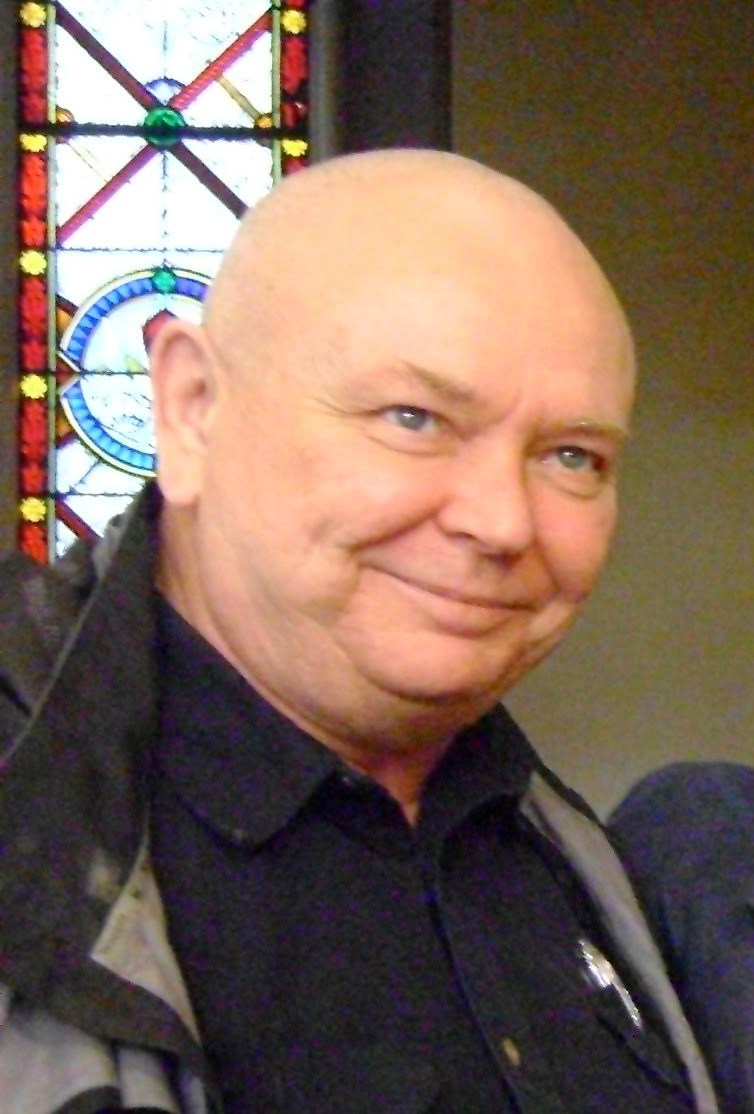If we lived in a society or a nation which practised meditation we would deal with political issues quite differently than we do now. There is always so much suffering that ensues when big issues such as fossil fuel transportation become politicized. Our collective life together has a form comprised of many parts and this body politic is harmed by major fissures within. Buddhists know that suffering is a derivative of cravings, appetites and grasping. This is Buddhism's initial condition. Pipeline construction and operation is so laden with greed and ambition that an opportunity for corruption becomes almost irresistible.
Meditation really does not recognize zero tolerance as a mature element in a relationship. Buddhism, in fact, does not really have Commandments; more like strong suggestions. A devout Buddhist vows to cleave to certain convivial and personal values such as generosity, etc and as a result Buddhist meditation cultures historically tend to prefer less adversarial solutions. We can learn something from that. In hugely controversial situations such as the pipelines, if there be a way to minimize the 'zero tolerance' voices on either side of a political issue, then the appropriate path through is more likely to become evident.
Zen practice in everyday life acts like an incubator for cultivating convivial influences and putting them to the task. Meditation, especially as part of a group, is a powerful integrator of every person's shifting notions about their own place in their world. It acts to bring relationships back into equivalence, restoring and maintaining vital symmetries. Zen meditation does this, with characteristic irony, by only tolerating zero with respect to all opinion, judgement and behaviour. In this sense meditation is an extreme behaviour. It is about cultivating a zero tolerance attitude toward anything of certainty.
How might this influence our dealing with issues such as the environment versus the economy? To begin with politics is about conviviality; finding ways for diverse communities to live together. There is a company which has operated a pipeline and shipping system for more than 50 years in a sensitive ecosystem without incident. Now this company wants to add to this existing capacity but is being strongly resisted by many people. The resistance to such projects is passionate, intellectual, value-centred and made inflexible through the urgency that often accompanies them.
The emerging mindfulness about our environment and energy use offers us an opportunity. High efficiency tools along with a rapidly growing technological ability to generate renewable energies mean that inevitably carbon based energy production will be eclipsed. The question is, how long before a tipping point is reached? If we could have 50 years of political peace on this front plus accelerated research into alternative energy sources, would we then be in a position to begin dismantling the polluting production? How about if we were to publicly valorize the patience and frugality which meditation easily cultivates? Put all these factors together and we should be able to resolve this issue with less harm to our body politic.
If we could be highly confident that a pipeline could be operated safely for 50 years, we could reduce the adversarial ferocity and use that energy to put the alternatives in place. The political problem would be how to contrive effective political oversight and how to present an authentic accounting of policies and intentions. The political wisdom would be to have faith in the established values of the company to safely do these risky operations. Long before the planned lifetime of the pipeline has elapsed, almost all energy needs will be met through non-polluting, renewable sources.
 Wayne Codling is a former Zen monastic and a lineage holder in the Soto Zen tradition. He teaches Zen style meditation in various venues around Victoria. Wayne’s talks and some writings can be found on his blog http://sotozenvictoria.wordpress.com
Wayne Codling is a former Zen monastic and a lineage holder in the Soto Zen tradition. He teaches Zen style meditation in various venues around Victoria. Wayne’s talks and some writings can be found on his blog http://sotozenvictoria.wordpress.com
You can read more articles o our interfiath blog, The Spiritual View, HERE

